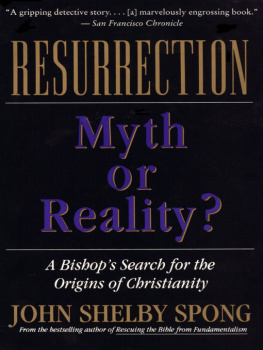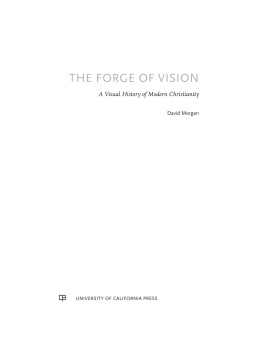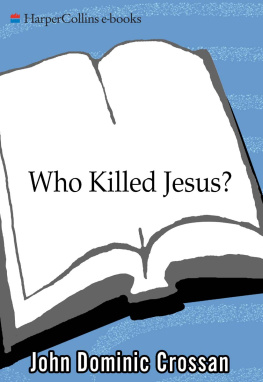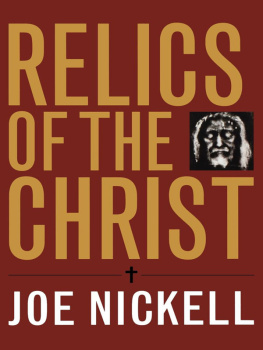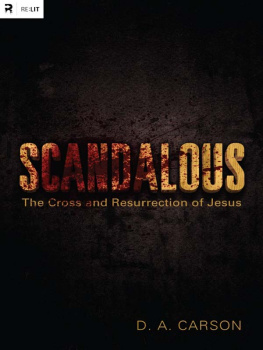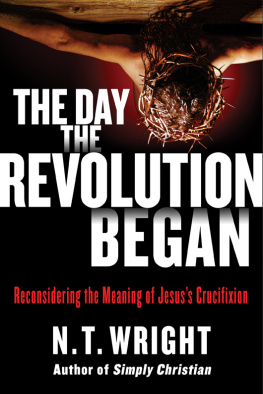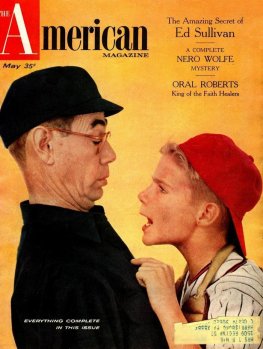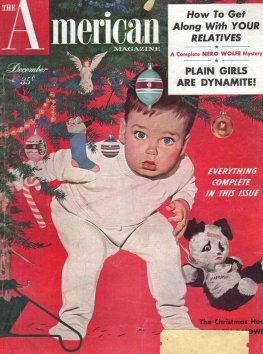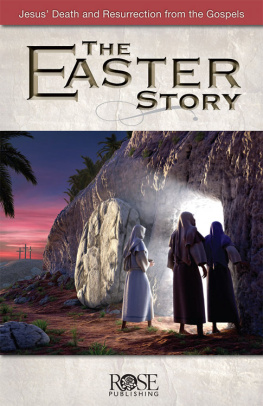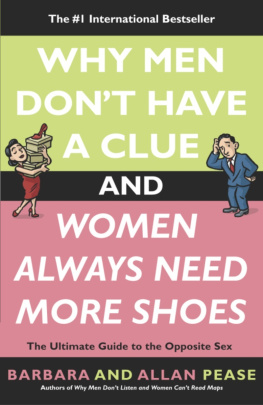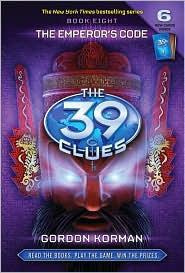without whom my professional life would not be complete, either as a bishop or as an author, and for whom my gratitude is overwhelming, my respect genuine, and my affection real.
The subject of the resurrection of Jesus of Nazareth lies at the foundation of Christianity itself. It was the experience that came to be called Easter that propelled the Christian movement into history. This focal point in my religious tradition has captured my attention for many decades. I remember first treating this subject in 1957 in a series of lectures at Kanuga, a conference center in Hendersonville, North Carolina. Those lectures evolved until they were published, in 1980, in a book called The Easter Moment . Most authors have a tendency to put aside a subject once they have completed a book and to assume that they have no further significant contributions to make to the subject beyond wishing that they had included this or that point in the original work.
However, for reasons that I cannot always fathom, such an abdication of interest has never been possible for me in regard to the resurrection. Through the years the Easter narratives have continued to demand and to receive my attention in significant ways. Perhaps it could be said that resurrection and the meaning of life are, for me, so deeply intertwined that every experience is finally incorporated into this interest.
In 1983, through a unique friendship I was privileged to develop with Senator Claiborne E. Pell, Democrat of Rhode Island, I became part of an interdisciplinary seminar, held at Georgetown University, on the question of survival after biological death. Through that experience I was forced to look at these issues from beyond the boundaries of the ecclesiastical tradition that had been until that moment my only frame of reference. Those who shared that stage with me did not share my religious context nor even, in several cases, my Western mentality. Rather, I tested my ideas in interaction with such people as physicist Paul Davies, now of the faculty of the University of Adelaide in Australia; Rupert Sheldrake, an English biologist; Anthony Flew, a British philosopher and atheist; Stanlislav Grof, a neurologist; and Sogyal Rinpoche, a Buddhist mystic.
My thoughts on Easter and life after death had to grow to accommodate new angles of vision. Those new angles continued to expand as my widening orbit of travel carried me in ever-broadening ways to parts of the world such as Africa, India, and China. In these places I sought out those who lived in and articulated the faith traditions of their people. While in Kenya I made a study of the early African religious traditions and how they first made their transitions into both Christianity and Islam. From my perspective the transitions were not profound changes but verbal veneers put over the easily recognizable indigenous beliefs. The superstitious elements in this tradition clearly indicated the fears that the people's religious system was called on to meet.
In 1984 I journeyed to south India, where, in the small town of Kottayam, in the state of Kerala, I had the opportunity to engage in a wide-ranging, day-long public dialogue with three Hindu scholars sponsored by the seminary of the Mar Thoma tradition. As each one of us sought to address the critical issues and questions universally raised by human life, this dialogue allowed me to begin identifying common traditions within the various religious systems of the world.
In 1988, traveling in the New Territories of China, I participated in a dialogue with the Reverend Yuen Quing, a Buddhist monk and holy man. He not only expanded my comprehension of another great religious tradition but also opened my eyes to the way in which a Christianity united with Western imperialism was perceived in other parts of the world.
My vision, enlarged and informed by these experiences, compelled me to look again and to look far more deeply at my own faith tradition, but it also demanded that I look through a broader and perhaps even different lens. One person who helped to create that lens for me was Joseph Campbell, the scholar of human mythology who was discovered by American television viewers in the late 1970s and early 1980s. In both his televised interviews with Bill Moyers and The Power of Myth , the book that grew out of that series, I was touched by Campbell's ability to see the truth of myths while refusing to literalize the rational explanation of those myths, which found permanent places in religion and liturgy. Campbell enabled me to appreciate such timeless themes as virgin births, incarnations, physical resurrections, and cosmic ascensions, which appear again and again in the religious histories of the world's peoples. Slowly, ever so slowly, but equally ever so surely, a separation began to occur for me between the experience captured for us Christians in the word Easter and the interpretation of that experience found in both the Christian Scriptures and the developing Christian traditions, which have borrowed freely, if not always consciously, from the mythology of the ages. When that separation was complete, I had to face the fact that my thinking had moved to a new place and that I had to examine the Easter claim once again from this new perspective. It was a compelling vocational call that I could not put aside.
I still assert with deep conviction that my understanding of Christianity is rooted firmly in the reality of Easter. My faith in Jesus' resurrection, however, does not today demand that I claim a nonmythological literalness for the words I use to talk about that resurrection. Nor do I insist that Easter be understood as an objective supernatural event that occurred inside human history. I do maintain that the effects of that experience called Easter are demonstrably objective. I believe and affirm that Jesus, in the experience called Easter, transcended the limits of human finitude expressed in the ultimate symbol of that finitudedeath. I do believe that those of us who are called by this Jesus to live in him and in the Spirit that he made available to us will also transcend that final barrier. Furthermore I believe that what we Christians call heaven is in fact real.
But, having said that, I must also state that I today approach and understand that critical moment in the life of Jesus called Easter and the Christian hope of life after death quite differently from the way I once did. I would describe that difference as both less literal and more real, and both parts of that statement are equally important. I wrote this book to give content to those words and to place my convictions before both the church and society in a way that transcends the sterile debates of the past and offers a new starting point for faith.
Since I first wrote a book on Easter my intellectual and spiritual life has been stretched in some other wonderful directions. I have written Into the Whirlwind: The Future of the Church , which called me to walk into new frontiers. I have contributed to and served as editor for a volume called Consciousness and Survival , which grew out of the interdisciplinary conference at Georgetown Universitya result of my friendship with Senator Pell. I have coauthored a treatment of the Ten Commandments, entitled Beyond Moralism , in which ancient ethical rules may be examined in the light of modern circumstances. Most significantly, and beyond my wildest imagination, I have written the three books that together have lifted me as an author onto both a national and international stage. They are Living in Sin? A Bishop Rethinks Human Sexuality; Rescuing the Bible from Fundamentalism: A Bishop Rethinks the Meaning of Scripture ; and Born of a Woman: A Bishop Rethinks the Birth of Jesus .

